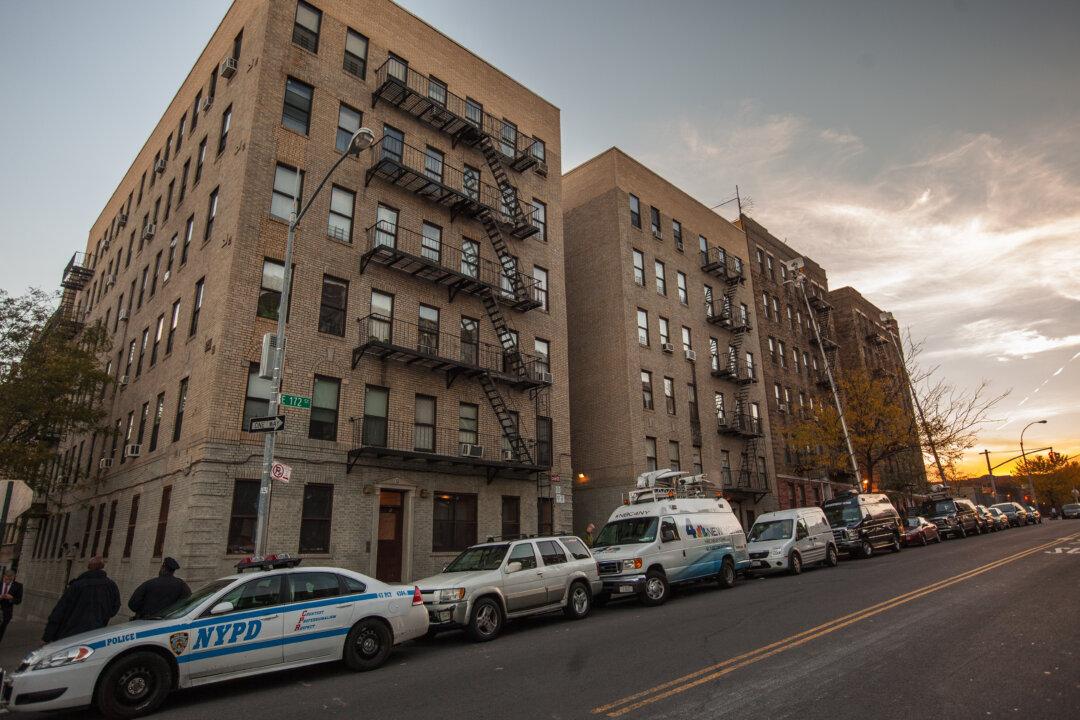NEW YORK—It was a stressful Monday for Della Brown from the Bronx. Right when she got back from work, she learned a 5-year-old boy from next door was taken to the hospital with Ebola-like symptoms.
“It’s real scary,” she said. “My daughter plays with those kids in that building.” If she knew, she wouldn’t have sent 9-year-old Mywish to school that day.
Yet that decision may have been made more on instinct than knowledge.
Even though the city had been preparing for Ebola for months, there has been no system-wide school outreach to inform students and parents on the facts.
The first such effort was an email to parents on Monday, at 10 a.m.. The city’s Education Department sent out a factsheet about the Ebola outbreak in Africa as well as a brief guideline on what parents should look out for.






